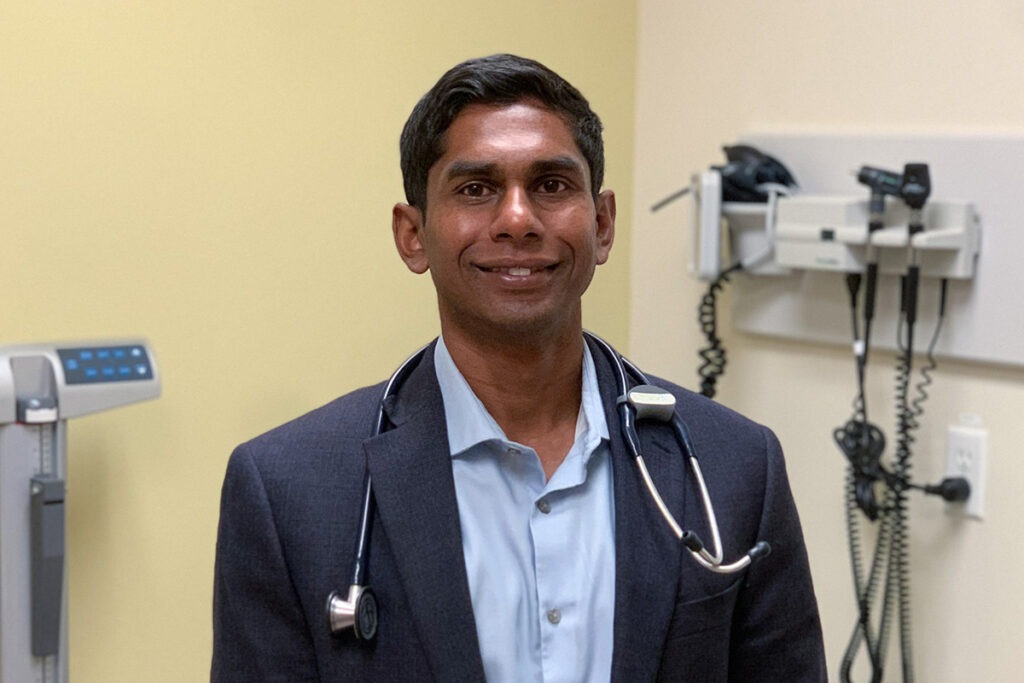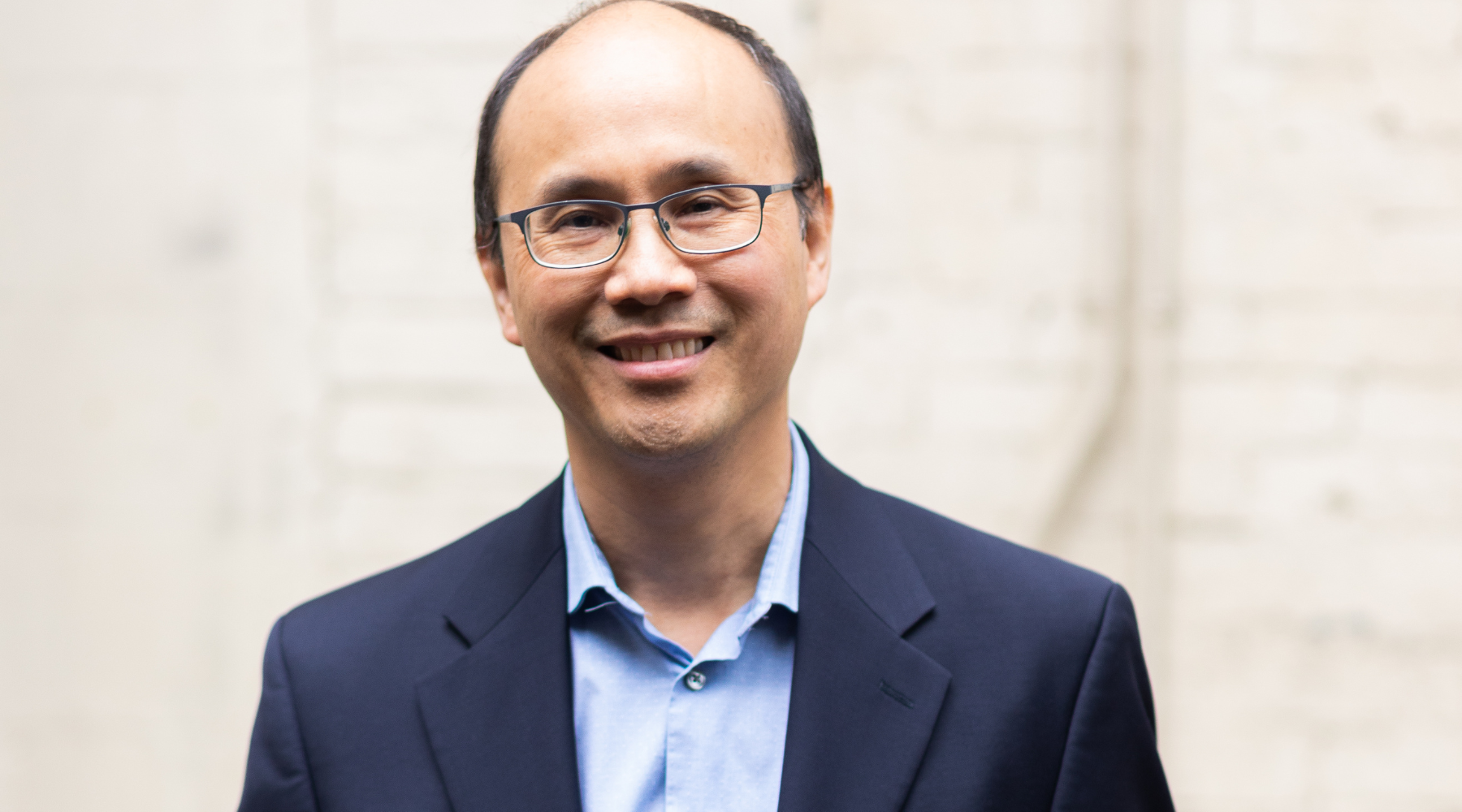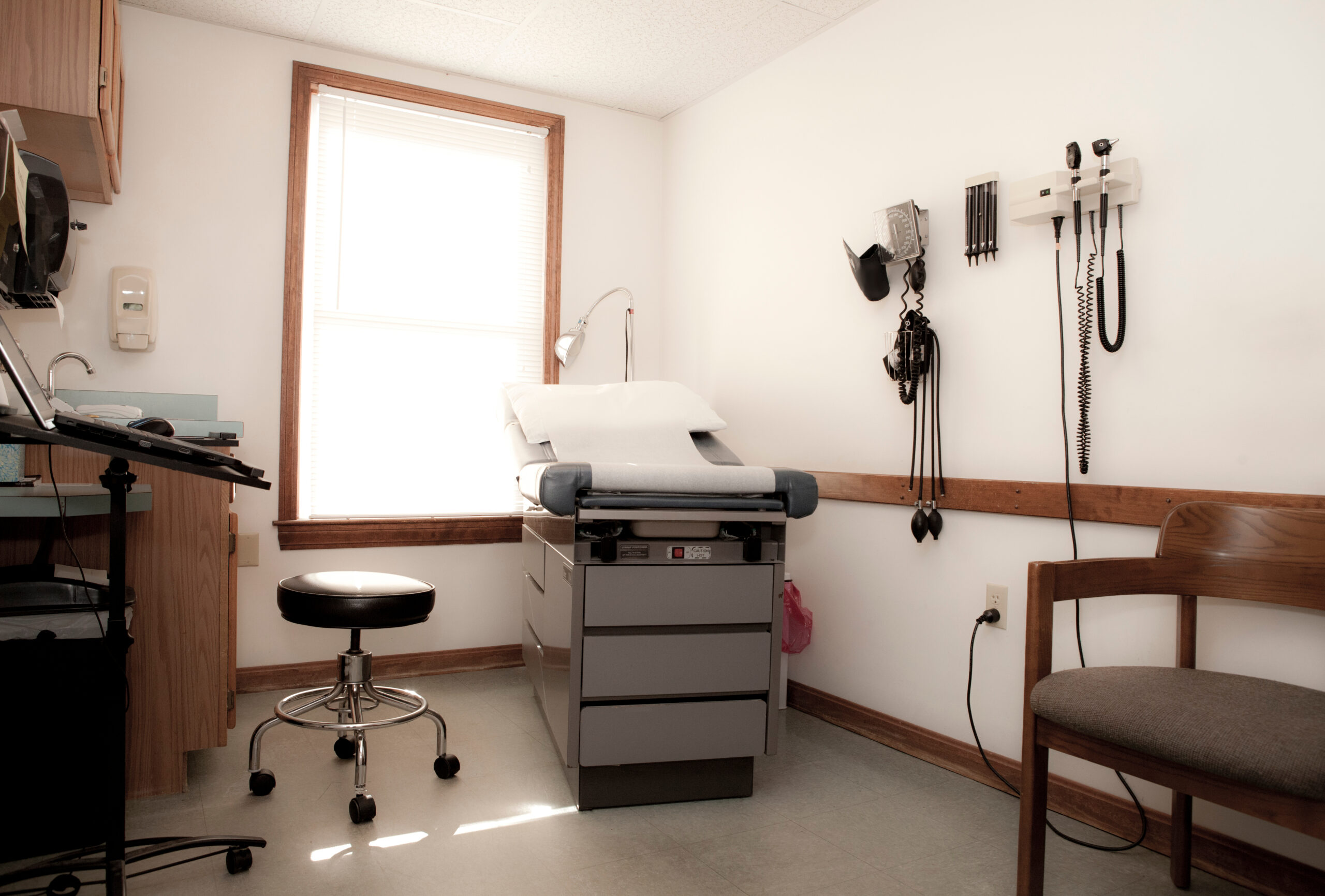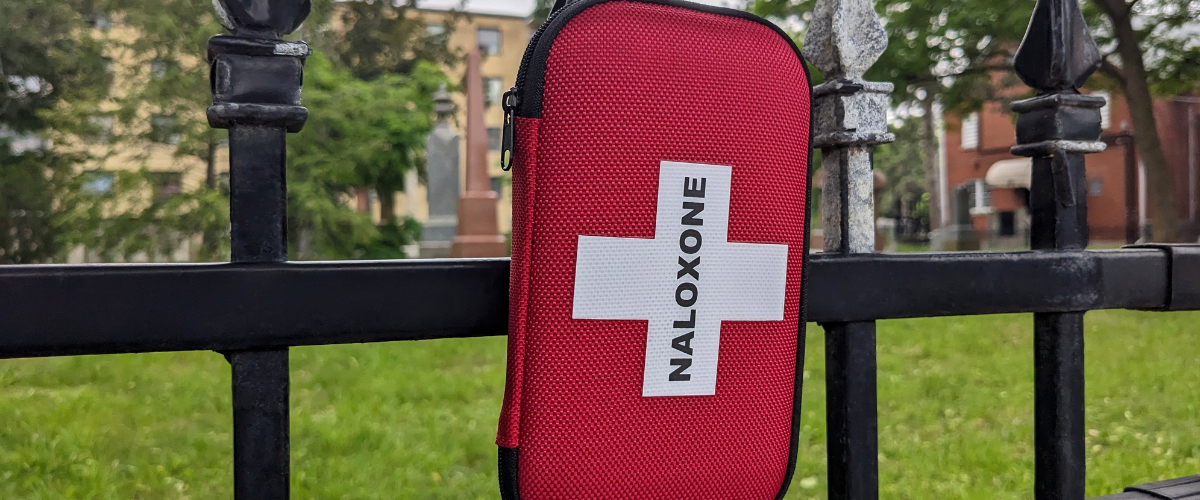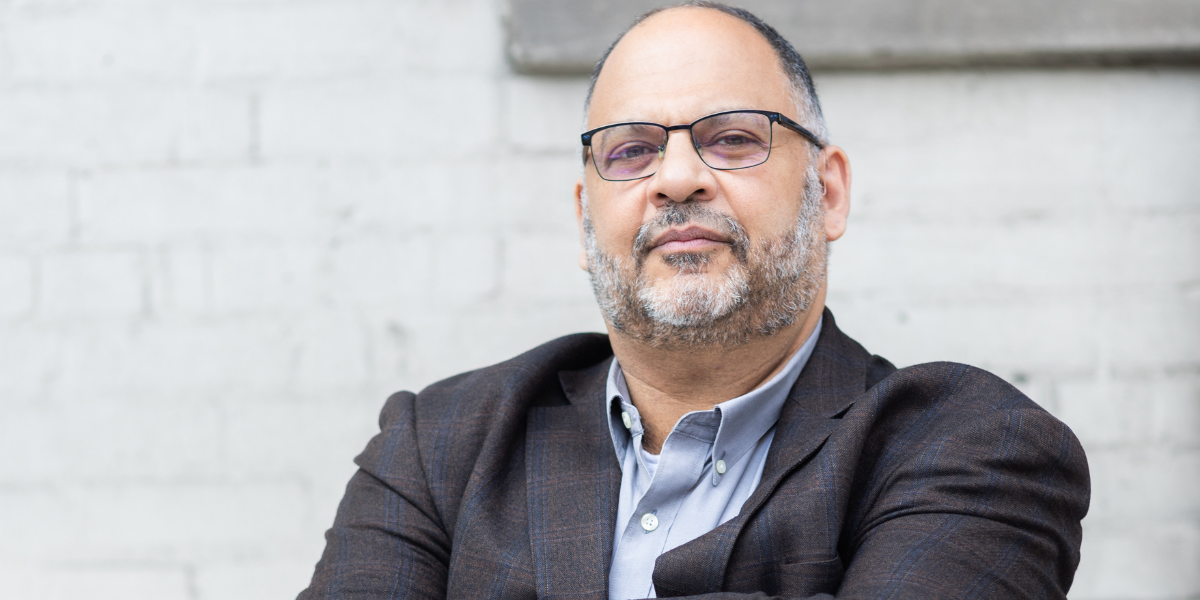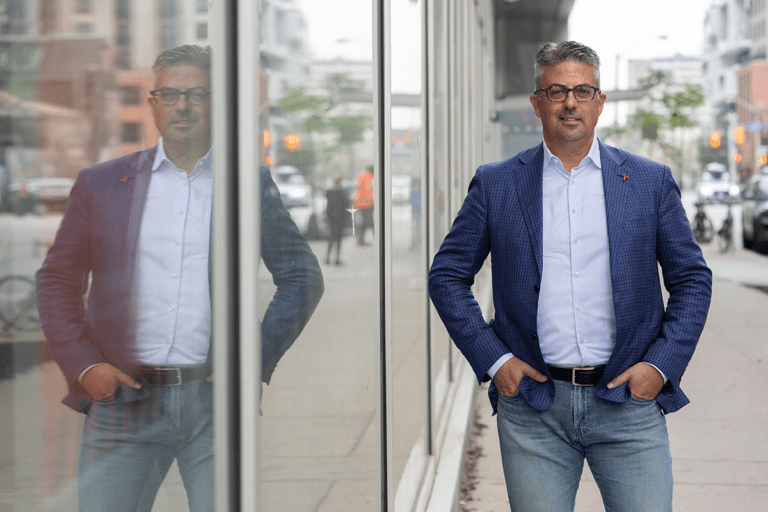On November 14 the federal government announced a new Committee of Experts to make recommendations on National Pharmacare. MAP scientist Dr. Nav Persaud will chair this committee and craft the path towards a universal pharmacare program for Canada.
Month: November 2024
MAP scientist Dr. Mikaela Gabriel awarded Canada Research Chair
November 14, 2024
By Samira Prasad
Today, the Government of Canada announced that MAP scientist Dr. Mikaela Gabriel has been awarded a Canada Research Chair in Indigenous Women’s and Two-Spirit Mental Health and Homelessness.
“This Canada Research Chair means a lot to me both professionally and personally,” shared Dr. Gabriel. “Mental health and housing are so intertwined, and it is really important for them to be understood and addressed together.”
Dr. Gabriel’s research explores Indigenous health and wellbeing, urban cultural connection, and housing transitions for Indigenous Peoples in Canada. Her primary focus area is the promotion of positive cultural identity, strength, and healing through traditional knowledge and cultural support. As an Indigenous researcher, Dr. Gabriel also prioritizes the integration of ceremony and culture when it comes to mental health and housing.
“Bringing these elements together can create a holistic healing journey,” said Dr. Gabriel.
As a practicing clinical and counselling psychologist, Dr. Gabriel has provided mental health care across inpatient, outpatient and community mental health treatment settings, and currently works supporting Indigenous urban mental health treatment in Toronto.
“I look forward to continuing to examine the intersection of the needs and lived realities of Indigenous women and Two-Spirit people when it comes to housing and health,” says Dr. Gabriel. “I particularly want to understand how to make mental health care safe for these communities to navigate, and create the tools to support them in doing so.”
While all gender identities are represented among the unhoused Indigenous population across cities in Canada, Indigenous women and Two-Spirit peoples experience further barriers due to complex health needs, systemic discrimination, and sexual violence. Many have negative experiences with mental health care services and supports, and some endure violence and abuse in order to remain housed. Dr. Gabriel’s work looks to change these experiences, and she ensures her research reflects the community’s priorities and what she learns in her clinical practice.
“This research chair allows me to focus on investigating the issues and identifying the solutions that really work, which is the first step to ensuring Indigenous women and Two-Spirit people across Canada can access culturally safe healthcare, as well as safe homes without the risk of violence and abuse,” said Dr. Gabriel.
MAP is now home to nine Canada Research Chairs total:
- Dr. Gillian Booth: Canada Research Chair in Policy Solutions for Diabetes Prevention and Management
- Dr. Ann Burchell: Canada Research Chair in Sexually Transmitted Infection Prevention
- Dr. Mikaela Gabriel: Canada Research Chair in Indigenous Women & Two-Spirit Mental Health & Homelessness
- Dr. Tara Gomes: Canada Research Chair in Drug Policy Research & Evaluation
- Dr. Stephen Hwang: Canada Research Chair in Homelessness, Housing, & Health
- Dr. Sharmistha Mishra: Canada Research Chair in Mathematical Modeling and Program Science
- Dr. Patricia O’Campo: Canada Research Chair in Population Health Intervention Research
- Dr. Nav Persaud: Canada Research Chair in Health Justice
- Dr. Darrell Tan: Canada Research Chair in HIV Prevention & STI Research
MAP Director Dr. Stephen Hwang awarded Tier 1 Canada Research Chair
November 14, 2024
By Samira Prasad and Emily Holton
Today, the Government of Canada announced that MAP Director and scientist Dr. Stephen Hwang has been awarded a prestigious Tier 1 Canada Research Chair in Homelessness, Housing, and Health, the first-ever Canada Research Chair on this topic.
“Being awarded a Canada Research Chair is a wonderful acknowledgement of the work my team and I are doing on homelessness and health,” Dr. Hwang shared. “It reflects our commitment to this work and it’s really great to see this area being recognized as important and worthy of scientific research.”
Dr. Hwang is one of the world’s most renowned researchers in homelessness, housing and health. He started his career at Harvard, Johns Hopkins University, and University of Toronto. He then chose to practice medicine in Boston’s Healthcare for the Homeless Program, where he went on to become medical director. Dr. Hwang was recruited to St. Michael’s as a physician and researcher in 1996. He became the director of MAP (then known as Centre for Research on Inner City Health) in 2015.
Dr. Hwang’s early work focused on establishing the links between homelessness, precarious housing and poor health. He published one of the first-ever papers in a general medical journal on this topic. A later ground-breaking study was the first to quantify the profound impact that homelessness can have on a person’s life expectancy. He also led the first national study to track the health and housing status of people who are “vulnerably housed,” i.e. spending more than 50 per cent of income on rent.
“I wanted to help advocates make their arguments for change, and to help define homelessness and precarious housing as critical health issues that urgently needed to be addressed,” said Dr. Hwang.
Over time, Dr. Hwang’s work changed in focus from defining problems to developing solutions. Dr. Hwang co-led the At Home/Chez Soi study, the largest randomized controlled trial in history to evaluate solutions to address homelessness, including the “Housing First” model, and he continues to investigate and tailor this model today.
“We know that Housing First is effective, and what we want to tackle now is how we adapt it to the challenges we see today, and improve all-around health and wellness,” he shared. “We want to demonstrate to people across Canada that there are effective interventions to improve, and even end chronic homelessness, and this research allows us to show this in a way that is based in rigorous science.”
As an internal-medicine physician at St. Michael’s Hospital and at Seaton House, a homeless shelter for men in Toronto, Dr. Hwang sees firsthand the real and pressing issues around barriers to appropriate healthcare for this population, and his Navigator project looks to address this nationwide. Dr. Hwang says he is excited to continue to create and evaluate programs to improve the health outcomes of people experiencing homelessness and precarious housing, with a special focus on effective implementation so that they reach those who could benefit the most.
“The Canada Research Chair supports the work of my team and enables our collaboration with government agencies and non profits,” said Dr. Hwang. “Collaboration and teamwork allow us to more effectively serve people experiencing homelessness in our community in a way that truly makes their lives better.”
MAP is now home to nine Canada Research Chairs total:
- Dr. Gillian Booth: Canada Research Chair in Policy Solutions for Diabetes Prevention and Management
- Dr. Ann Burchell: Canada Research Chair in Sexually Transmitted Infection Prevention
- Dr. Mikaela Gabriel: Canada Research Chair in Indigenous Women & Two-Spirit Mental Health & Homelessness
- Dr. Tara Gomes: Canada Research Chair in Drug Policy Research & Evaluation
- Dr. Stephen Hwang: Canada Research Chair in Homelessness, Housing, & Health
- Dr. Sharmistha Mishra: Canada Research Chair in Mathematical Modeling and Program Science
- Dr. Patricia O’Campo: Canada Research Chair in Population Health Intervention Research
- Dr. Nav Persaud: Canada Research Chair in Health Justice
- Dr. Darrell Tan: Canada Research Chair in HIV Prevention & STI Research
What the family doctor shortage looks like in Canada
Dr. Tara Kiran‘s OurCare study findings were cited in this coverage of the family doctor crisis by The National Post.
‘There already aren’t enough’: A doctor on the impact of closing Toronto’s safe-consumption sites
Dr. Ahmed Bayoumi was interviewed by TVO Today and spoke about his new research estimating the effects of the scheduled closures of some Ontario safe-consumption sites. “The most important take-home message is this: there already aren’t enough sites in Toronto. Closing these sites will decrease access to a lot of people who benefit from them,” says Dr. Bayoumi.
Ontario’s closing of supervised consumption sites will cause half of Toronto clients to lose access: study
A new MAP report estimating the impact of the scheduled closures of some of Ontario’s supervised consumption sites was cited in coverage by The Globe and Mail.
Hundreds will lose access to safe consumption when some Toronto sites close: study
Dr. Ahmed Bayoumi spoke to the Toronto Star about his new research on the closing of supervised consumption sites and the number of clients that could be affected.
Doctor defends harm-reduction vending machine for Hamilton hospital as councillor’s bid to stop it fails
Dr. Sean Rourke spoke to CBC about Our Healthbox, how it provides clients with low-barrier access to harm reduction supplies and why it is an important health-care intervention that shares with users where they can access treatment.

